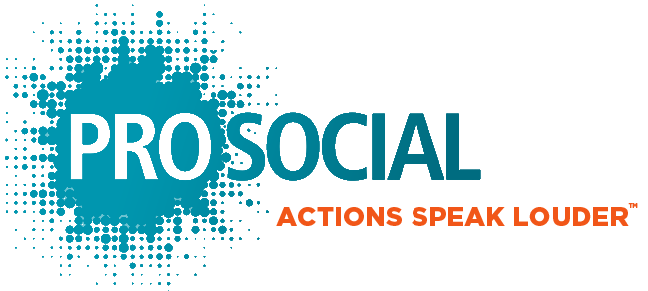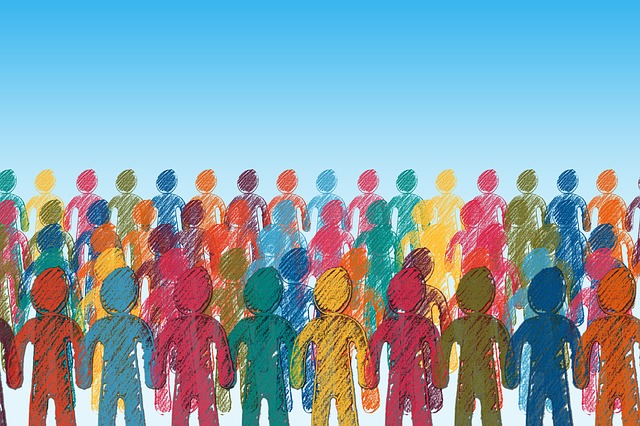What is “ProSocial”?
“ProSocial” (proh•soh•shuhl) is a relatively new word to the lexicon of social change. It’s not even in Webster’s yet.
But the word does have a history. In developmental psychology, “prosocial behavior” is defined as actions that benefit other people or society as a whole. Examples include helping, sharing, donating, cooperating and volunteering.
As a psychological stage, the term “prosocial” points to developing awareness, as growing human beings, of what exists outside of ourselves. When a child is 8 or 9, she begins to understand that her actions have impact on others. To illustrate simply, imagine a young boy who knocks a glass off of the dining room table. At a certain age, the child realizes that the noise made by the glass shattering on the floor below directly affects the other people in the room who can hear it. From there, developing prosocial behavior is rooted in not only recognition, but empathy; we know our actions impact others, but we also care that they do.
Outside of psychology textbooks and university classrooms, the term “prosocial,” where it’s used now, articulates caring and empathetic behavior that benefits many, usually with an emphasis on collaboration, relationships and inclusion.
So, as the word evolves, “prosocial” is an apt descriptor for our work here at ProSocial. It captures the importance of working with key stakeholders critical to sustainable social change: storytellers and audiences, brands and consumers, changemakers and influencers. Together, we strive to design the right strategies and to execute the right campaigns – for the good of other people or society as a whole.
At ProSocial, we are proud to be prosocial. And you should be, too.


